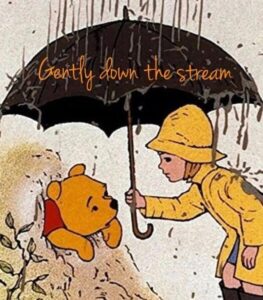Human needs and desires explored with Maslow’s theory.

Man is a perpetually wanting animal, no question about that. It is interesting to know what precisely prompts or motivates humans to behave in a particular manner at any given point of time. The explanation would be plenty and descriptive. The experts from different domains, like the evolutionary biologists or the psychologists or the philosophers, would have their share of insights and knowledge, deciphering the same.
This post is a glimpse into Abraham Maslow’s views and Hierarchy of needs theory, and his perspective on human needs and desires.
Goal-based motivation
The Squirrel is threatening to take down the internet connection if access to his food is denied.
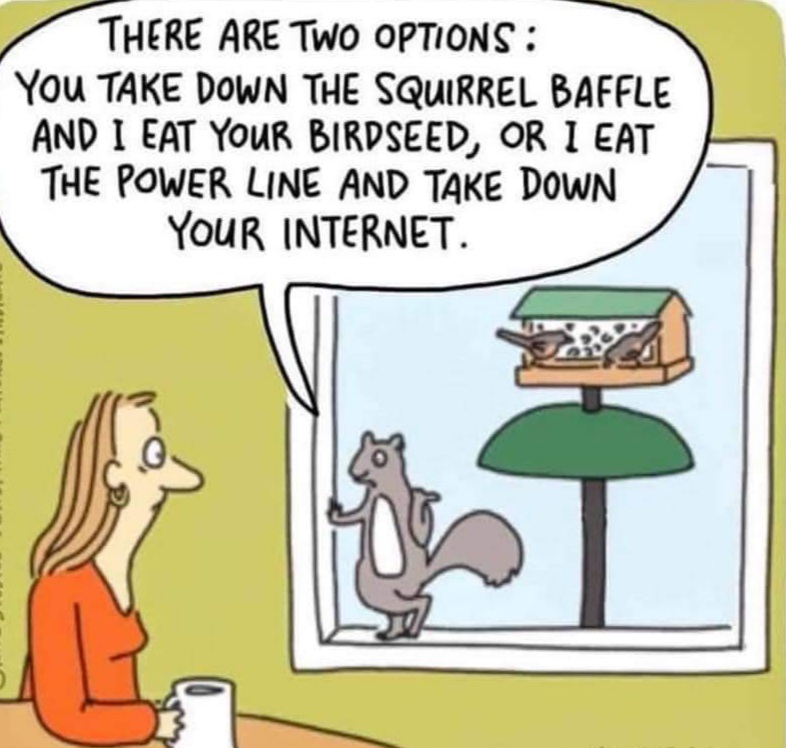
The reason behind the squirrel’s behaviour is transparent and straightforward. It arises out of its basic physiological need, to procure the food. Unfortunately, the drive behind animal behaviour can’t be equated to that of humans.
As far as the net connectivity is concerned, one is unsure whether to put it at the bottom or top of the needs hierarchy. Certainly, Maslow couldn’t have envisioned a world where the wireless communication affected the lives, education and employment of the people.
Why did you behave that way?
Behind each behaviour, there lies either a single or multiple or inherent or external stimuli that could have been either physiological, rational, cultural, emotional, situational or spiritual.
Out of the multiple motivations that initiate any behaviour, one finding is about the needs and desires of the humans.
At times, there lies no motivation or thinking behind some behaviour!
Development of a humanistic approach
During the ’50s, much before the technological advancements or the introduction of neuroimaging studies in the field of psychology and thought experiments, a humanistic approach to human behaviour was taking shape in the field of psychology.
Deterministic vs humanistic approach
In contrast with the deterministic approach, a humanistic perspective considers each person as a unique individual with a subjective experience of life and free will over their choices.
Humanistic psychology was a rebellion against the psychodynamic and behavioural approach, which furnishes an unsettling view of human behaviour as its emphasis is on how predictable and manipulated our behaviour is.
Maslow’s contribution
Abraham Maslow, one of earlier in the humanistic approach, was considering more philosophical questions about the human experience, such as meaning, purpose and motivation for human nature.
Abraham Maslow came up with the concept, Hierarchy of needs theory in 1943.
Maslow’s hierarchy of needs
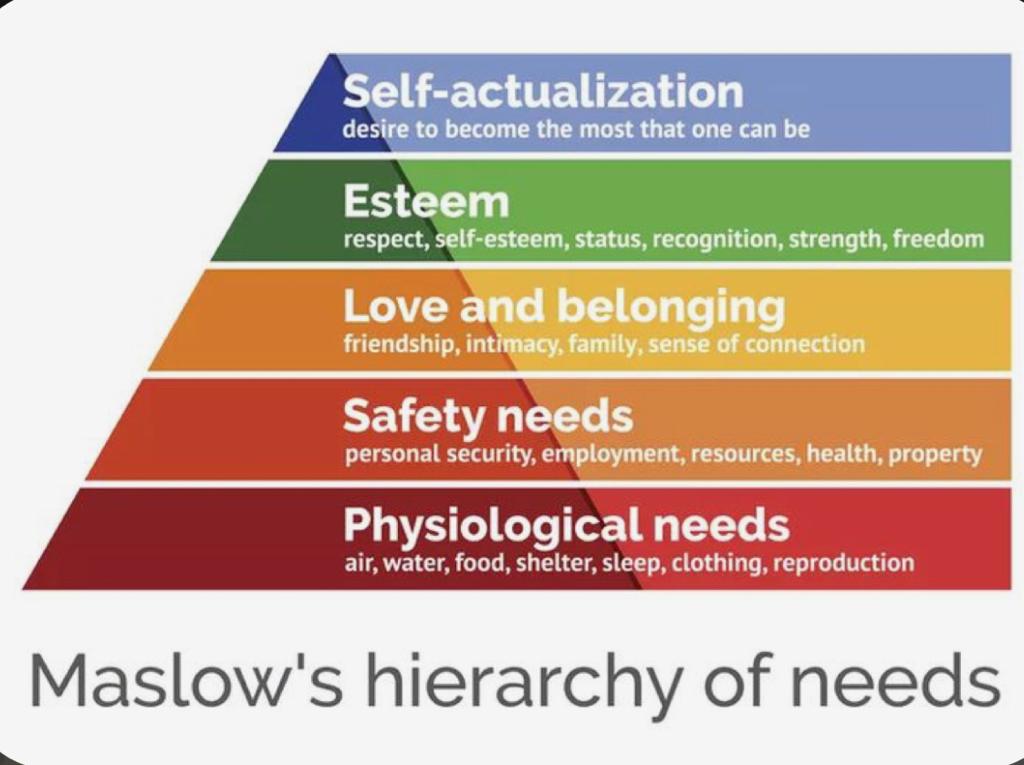
Maslow’s theory suggests that human needs arrange themselves in hierarchies of pre-potency. Humans are motivated to achieve particular basic needs. Only once these needs are met can progress to a point where one can focus their attention on personal growth and self-actualisation.
The physiological needs
At the bottom of Maslow’s hierarchy are our basic physiological drives which are usually considered the starting point of motivation theory. These are essential for maintaining the body’s homeostasis, though not all physiological needs can be regarded as homeostatic. That is to say; they are relatively independent of each other.
Undeniably these physiological needs are the most pre- potent of all needs. Human beings who are missing everything in life in an extreme fashion, it is most likely that the primary motivation would be the physiological needs, and all other needs become merely non-existent or pushed into the background.
For a man who is too hungry or thirsty, no other interest excites him but food.
The physiological needs, when gratified cease to exist as active determinants of motivation. Or it becomes unimportant in the current condition of the individual.
Safety needs
Once these physiological needs are satisfied, you can fully access and attend to your security or safety needs such as employment, resources and health. Once the priority is assigned to safety, everything else looks less critical.
Not only the adults, but even infants would also react if they were exposed to danger, as the need for protection and reassurance are prominent safety features that would leave negative impacts later in their lives if deprived.
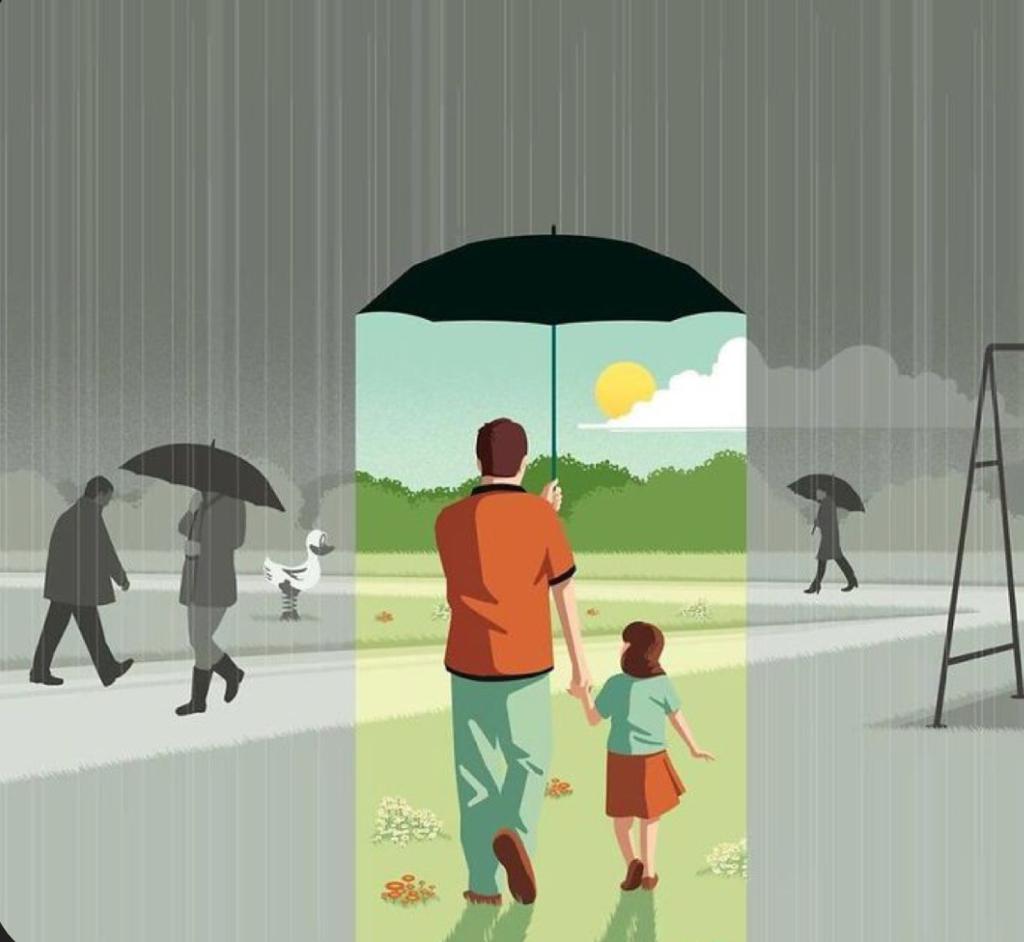
Perhaps one could say that children need a safe, organised and predictable environment rather than unstructured or uncertain ones.
If you come across any abused or neglected child who still cling to their hating parents, it’s only for the sake of their safety they are doing it rather than with any hope of receiving parental love.
The healthy, average, fortunate adult in our culture is mostly satisfied in his safety needs. Just as a stuffed man no longer feels hungry, a stable person no longer feels susceptible.
The desire to have a job that contributes sufficiently for existence with a bit of saving to cover the rainy days, and the tendency to have some religious, spiritual or philosophical values that infuse satisfactory coherence and meaning to life, is mainly motivated by the safety needs.
The psychological impact of a world that is unpredictable, uncertain or hostile would be overwhelming for the man to deal with.
The need to belong
Once the physiological and the safety needs are reasonably met, there emerge the need for love, affection and belonging. A person would realise the need for a friend, sweetheart, partner and kids.
There would be craving for meaningful and affectionate relationships and establishing a niche in society. Now he would forget about physiological or safety needs, or they would be shoved to oblivion.

The meaningful relationship with friends and family is a fundamental necessity to achieve and appreciate a sense of connection and belonging in the complex world.
The esteem needs
Everyone in our society has a desire for self-esteem or self-respect or the esteem of others. The desire for recognition, achievement, reputation and prestige is pervasive. Self-esteem builds self-confidence, and if deprived one may feel inferior, inadequate and weak.

A person who has achieved all these things has status and recognition in the society, and they have a sense of freedom regarding the choices they have in life.
Top of the hierarchy
If all goes well, a small number of people may become self-actualised and possibly experience a peak moment- a euphoric mental state where any sense of time and doubt is lost.
The need for self-actualization
Even after meeting and satisfying all the needs mentioned above, the perpetual seeker that the man is, may feel discontent and restless with life.
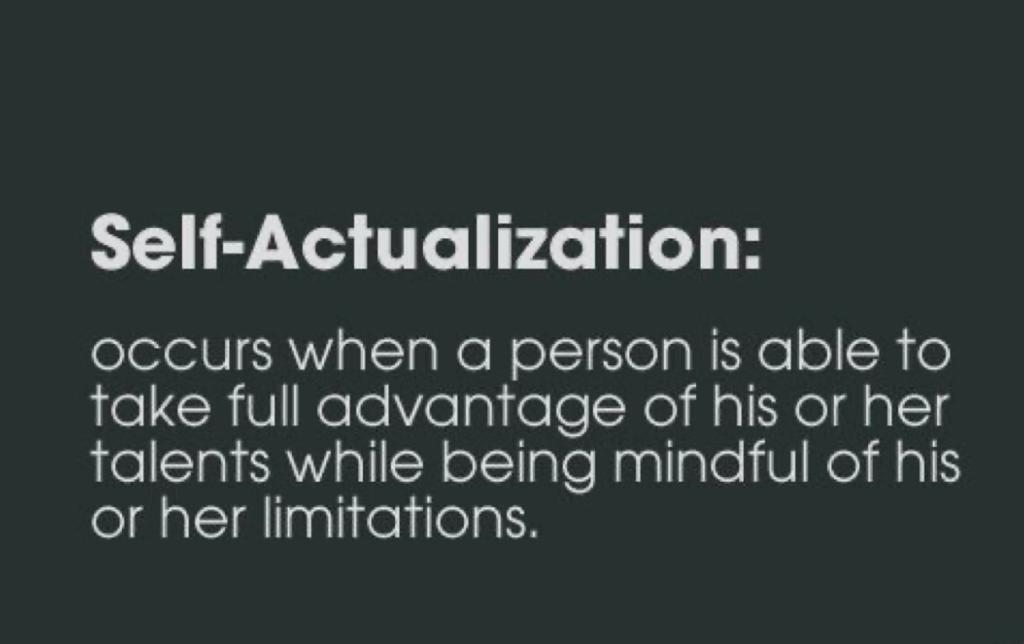
Maslow asserted that some callings in life should be attended to; A musician must make music, a poet must write, a painter should paint, a swimmer should swim if he is to be ultimately happy and content.
This self-actualisation first coined by Kurt Goldstein refers to the desire for self-fulfilment, to become actualised in his potential. For one individual, it may take the form of the desire to be an ideal artist, a parent, an inventor, an athlete, a spiritual master or anyone that he prefers to become.
Prerequisites to the needs and wants
One cannot build castles in the air, likewise, how can one wish to fulfil his needs and desires if one doesn’t belong and live in a free country where the freedom to choose, to speak, to express and to defend oneself does not exist.
A country where justice, equality and orderliness are ensured to its citizens, is a prerequisite for pursuing personal growth. A lot depends on which part of the globe you are born in and your country’s socio-political policies.
Relative satisfaction
There’s no hard and fast rule that the five sets of needs to be satisfied linearly or that there is an all or none relationship to each other. In reality, most society members would be partially satisfied in their needs simultaneously, or a decreasing percentage of satisfaction can be found as one goes up the higher levels.
Reversal of hierarchical order
There are exceptions to this construct of needs, and reversal of hierarchy can also be observed.
For example, for some, self-esteem is more important than meaningful relationships; for others, the creative drive might appear like a significant achievement.
People who have never experienced hunger may underestimate its role or take the food and safety needs for granted.
Oddities
Higher needs dominate many; they may deprive them of more basic needs. Borrowing from Maslow, some people give up basic needs or everything for their ideological perspectives, who as per Maslow has ” increased frustration tolerance through early gratification.”
A significant study
Maslow theory has been extensively developed since then.
Thwarting the basic needs or failure to protect them is considered a psychological threat to the public, and one of the root causes of various psychopathological behaviours.
Differing views
Some people agree with Maslow’s observation while some argue that behaviour is culturally motivated, and someone can achieve higher hierarchical needs before meeting the basic necessities. Then there is a group who endorse the deterministic approach to behaviour rather than the needs and desires.
Let me conclude quoting Maslow, “To the man who only has a hammer, everything he encounters begins to look like a nail”




